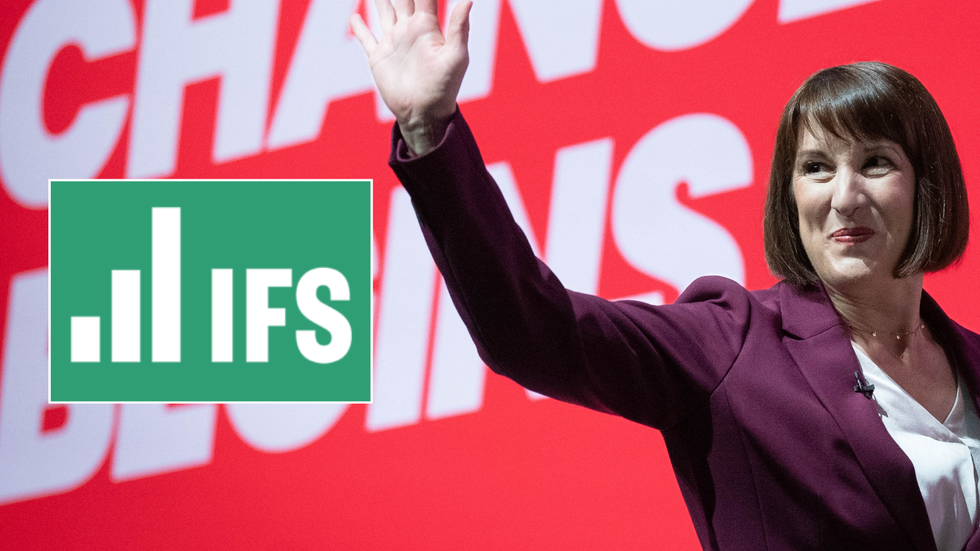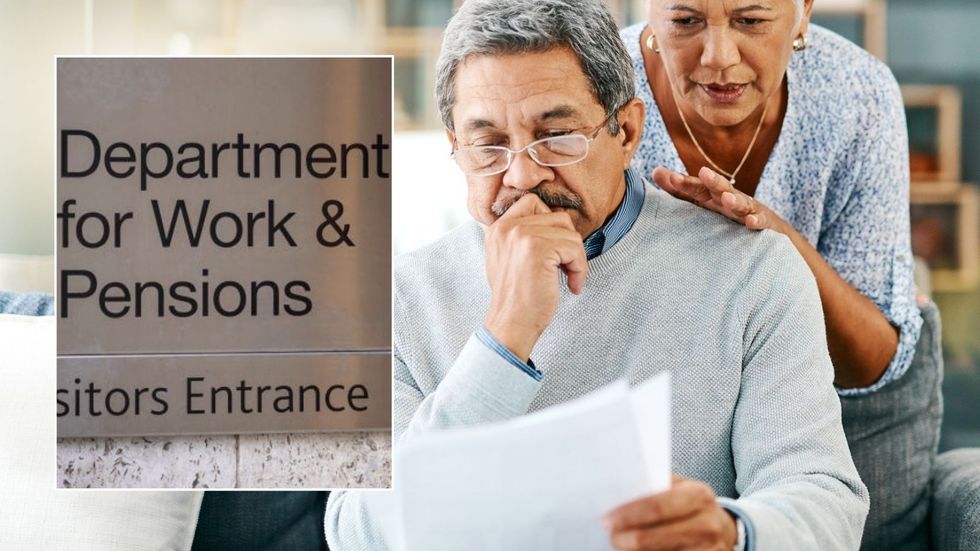State pension payments could be tripled to nearly £30,000 as part of a new proposal that campaigners are urging the Department for Work and Pensions (DWP) to consider. A new petition is calling for the retirement benefit to be nearly raised to £28,554 per year.
This proposal would see weekly payments rise to £549.12, based on a calculation of 48 hours at the National Living Wage. The significant boost would mean pensioners receive £2,196.48 every four weeks, compared to current payments of £884.80.
The petition, which can be found on the UK Government and Parliament website, also demands that the state pension age be reduced to 60, down from the current age of 66. If implemented, the changes would represent an increase of £328 from the current weekly payment of £221.20 for those on the full new pension.
As it stands, those on the new state pension can get up to £884.80 every four weeks and a yearly total of £11,502.40. Those on the pre-2016 basic state pension receive even less, with a maximum weekly rate of £169.50. This translates to £678 every four weeks and an annual payment of £8,814 for those on the older scheme.
These proposed changes would result in a substantial increase of around £17,000 per year for those on the full, new variation of the payment. For pensioners on the pre-2016 scheme, the rise would see weekly payments increasing by £379.62 – equivalent to nearly £20,000 more per year.
Do you have a money story you’d like to share? Get in touch by emailing [email protected].

A petition is calling for the annual state pension payments to be nearly tripled
GETTY
The petition, spearheaded by Denver Johnson, could trigger a reaction from Labour if it gains sufficient support. Once the petition reaches 10,000 signatures, the Government must provide an official response. If it achieves 100,000 signatures, the proposal will be considered for parliamentary debate.
As it currently stands, more than 2,100 people have signed their name to the appeal. Johnson stated: “We want the Government to make the state pension available from the age of 60 and increase this to equal 48 hours a week at the National Living Wage.”
“Hence, from April 2024, a universal state pension should be £549.12 per week or about £28,554.24 per year as a right to all, including expatriates, age 60 and above,” the campaigner added.
“We think that Government policy seems intent on the state pension being a benefit, while increasing the age of entitlement. We want reforms so the state pension is available from age 60, and linked to the National Living Wage.”

The IFS has previously sounded the alarm over pensioner poverty
PA
Chancellor Rachel Reeves has confirmed her commitment to maintaining the triple lock on state pensions. However, changes are coming to the Winter Fuel Payment scheme, which previously offered universal support of up to £300 for energy bills.
The benefit will now be means-tested, with only those receiving Pension Credit or other means-tested benefits eligible for the payment. This marks a significant shift from the previous universal approach to winter fuel support for older Britons.
Changes to Winter Fuel Payments come at a time when pensioners are facing increasing financial pressures amid the ongoing cost of living crisis. Ofgem has confirmed households on variable tariffs should expect to see bills increase in the New Year in line with the energy price cap.
Recent findings from the Institute of Fiscal Studies (IFS) suggest pensioner poverty is becoming an increasing concern. While relative poverty rates for pensioners dropped from 18 per cent in 2019 to 16 per cent in 2022, other indicators paint a worrying picture.
The proportion of pensioners unable to afford essential items rose from six per cent to eight per cent during the same period. Notably, the number of pensioners who couldn’t afford to heat their homes more than doubled from two per cent to five per cent.
Anna Henry, a research economist at the IFS, warned that the pre-2011 trend of pensioner poverty falling in Britain has “gradually gone into reverse” over the last decade.
She explained: “Reductions in pensioner poverty seen before 2011 have gradually gone into reverse. The new Government will need focus on current and future challenges for pensioner incomes, especially those of low-income pensioners, and not assume that everything will always be getting better.
Despite Prime Minister Keir Starmer’s commitment to keep the triple lock in place, which ensures state pension payment rates rise every year, the IFS economist claims the last General Election paid “little attention to pensioner incomes”.
LATEST DEVELOPMENTS:

Pensioners are concerned about the cost of living amid rising energy bills and benefit support being axed
GETTY
Henry added: “In part that is because of a sense that pensioners have been doing better than others, and indeed the gap between the average incomes of pensioners and of working-age people narrowed dramatically especially in the lead-up to, and during, the Great Recession.”
A Government spokesperson told GB News: “We are committed to supporting pensioners – with millions set to see their state pension rise by up to £1,900 this parliament through our commitment to the Triple Lock.
“Over a million pensioners will still receive the Winter Fuel Payment, and our drive to boost Pension Credit take up has seen applications more than double with over 40,000 more pensioners now receiving Pension Credit, and the Winter Fuel Payment. We urge pensioners to check their eligibility and apply for Pension Credit.
“We’ve also put in a place a range of additional support over winter including the £150 Warm Home Discount to help with energy bills alongside a further £1 billion including Barnett, to extend the Household Support Fund and Discretionary Housing Payments in 2025-26.”